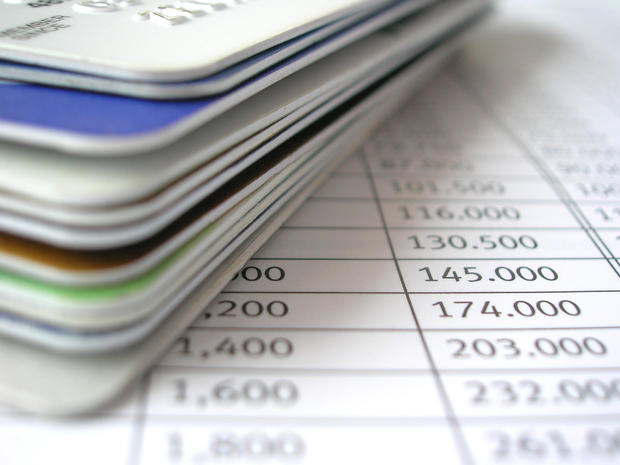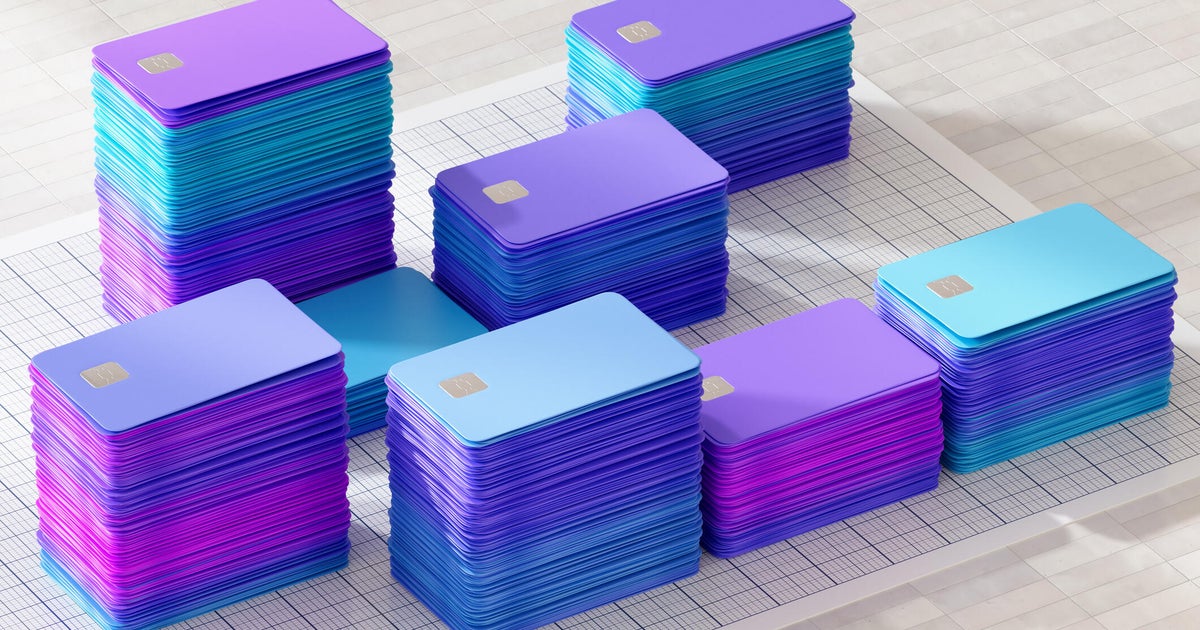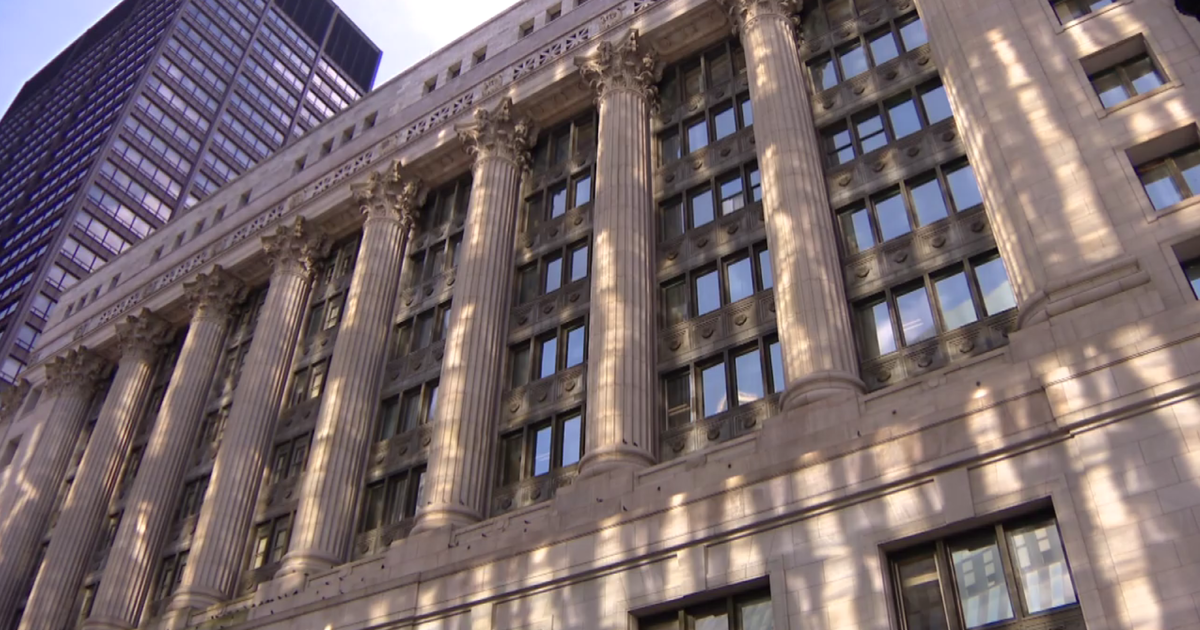Who doesn't qualify for credit card debt forgiveness?
If you're drowning under the weight of your credit card debt, the idea of credit card debt forgiveness can feel like you've been thrown a life raft, especially in today's high-rate landscape. After all, these programs are designed to get you out of credit card debt by paying less than what you owe in full on your card balances — and could lead to 30% to 50% of your balance (or more) being forgiven.
But while credit card debt forgiveness (also known as debt settlement) can be a worthwhile option to consider, not everyone qualifies. Debt forgiveness is typically reserved for those facing severe financial hardship who have exhausted other options. That means the eligibility criteria can be strict.
So, if you're planning to look into this debt relief option, you should understand what makes you ineligible to qualify. That way, you can realistically assess your situation and, if necessary, explore the options that may be more suitable for your circumstances.
Find out more about your debt forgiveness options here.
Who doesn't qualify for credit card debt forgiveness?
There are a few types of borrowers who typically won't qualify for credit card debt settlement programs, including:
Those with low amounts of credit card debt
Cardholders with relatively small amounts of credit card debt, typically less than $7,500 to $10,000, may not qualify for debt settlement programs. And, that makes sense, as the potential savings from negotiating these smaller debts may not outweigh the fees charged by debt relief companies.
Creditors may also be less likely to negotiate significant reductions on smaller balances, meaning that the potential for overall debt reduction is limited. As such, it generally makes the most sense for those with higher amounts of credit card debt to use these programs.
Ready to get rid of your high-rate debt? Compare your debt relief options now.
Borrowers who can afford to pay off their debt
When you enroll in a debt forgiveness program, the experts you work with will look closely at your finances to determine how much you can afford to pay on what you owe. If it's found that you have sufficient income or assets to pay off your credit card debt within a reasonable time frame, you're unlikely to qualify to have your credit card debt forgiven.
Those who have recently made regular payments
If you've been consistently making at least the minimum payments owed on your credit card accounts, your creditors may be less inclined to settle for a lower lump-sum payment on the account. Card issuers typically expect accounts to be severely delinquent before they will consider settlement offers, and making regular payments indicates that you have the financial means to keep the account in good standing.
Borrowers facing legal action for their debts
Once a creditor has initiated legal proceedings against you for unpaid credit card debts, it becomes much more challenging to negotiate a settlement. While it may still be possible to do so, most debt settlement companies are hesitant to work with accounts that are already involved in lawsuits. So, if you want to settle your debts, you should try to do so before any threat of legal action comes to fruition.
Borrowers who have already negotiated with creditors
If you've previously attempted to negotiate with your creditors or have entered into hardship programs with them, there's a chance that you may not qualify for further debt settlement. Creditors typically offer settlement options as a last resort and may not be willing to renegotiate terms multiple times.
Those who can't commit to a lump-sum payment
You'll generally be required to make a lump-sum payment to the creditor if and when they agree to forgive a portion of your debt. If you don't have the means to save up for that payment, even over time, you may not qualify.
Those with fraudulent or illegal debts
Any credit card debts you have that were incurred through fraudulent means or for illegal purposes are generally not eligible for settlement programs. Creditors will not negotiate on these types of debts and attempting to settle them could lead to legal consequences.
Other debt relief options worth considering
If you're unable to qualify for debt credit card debt forgiveness, you may want to consider these options instead:
- Debt consolidation: This involves taking out a new loan to pay off multiple credit card debts, ideally at a lower interest rate, which can simplify your payments and reduce the interest you pay.
- Balance transfer: Balance transfer cards offer low or 0% interest rates for a promotional period, allowing you to transfer high-interest balances and save money on interest.
- Debt management: This type of program may result in lower interest rates or fees on your card accounts.
- Hardship programs: Your card issuer may temporarily lower the rate, fees or minimum payments on your account if you're experiencing financial hardship.
- Bankruptcy: As a last resort, bankruptcy can provide a fresh start for those with overwhelming debt.
The bottom line
Not qualifying for credit card debt forgiveness can be disheartening, but it's important to remember that there are alternatives available. The key is to assess your situation honestly, explore all options and choose the approach that best fits your financial circumstances and long-term goals.




